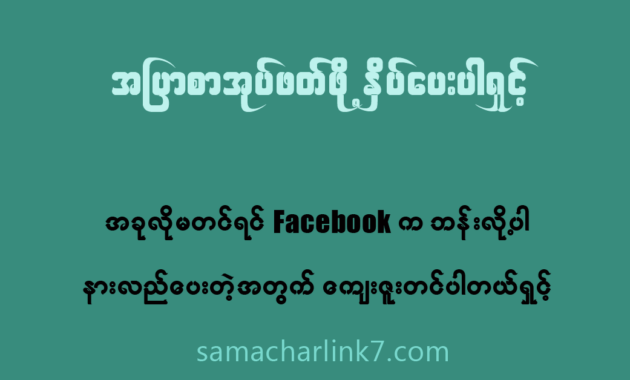
In today’s fast-paced job market, companies receive hundreds or even thousands of applications for a single job posting. Manually reviewing each resume is time-consuming and inefficient. This is where Artificial Intelligence (AI) comes into play. AI-powered resume screening tools are transforming recruitment by making the hiring process faster, more efficient, and fairer.
How AI is Changing Resume Screening
AI-powered resume screening tools use advanced algorithms and machine learning to analyze job applications. These tools scan resumes, extract relevant information, and match candidates to job descriptions based on predefined criteria. Here’s how AI is making a difference:
1. Speeding Up the Hiring Process
Traditional resume screening can take days or weeks. AI can process thousands of resumes in minutes, saving recruiters valuable time. By quickly filtering out unqualified candidates, recruiters can focus on the best-fit applicants.
2. Enhancing Accuracy and Efficiency
AI eliminates human bias and errors that often occur in manual resume screening. These tools assess candidates purely based on skills, experience, and qualifications, ensuring a more objective hiring process.
3. Improving Candidate Matching
AI-powered tools use Natural Language Processing (NLP) to understand the context of resumes. They compare job descriptions with resumes, ensuring that only the most suitable candidates are shortlisted.
4. Reducing Hiring Bias
Unconscious bias in hiring is a major concern. AI evaluates resumes without considering factors like gender, race, or age. This leads to a fairer and more inclusive recruitment process.
5. Automating Initial Candidate Engagement
Some AI tools also include chatbots that communicate with applicants, answer their questions, and schedule interviews. This enhances the candidate experience while reducing the recruiter’s workload.
Challenges of AI in Resume Screening
While AI has numerous benefits, it also has limitations. Poorly formatted resumes may be misread, and AI may overlook candidates who have potential but don’t match exact keyword criteria. Therefore, human oversight is still essential to ensure the best hiring decisions.

